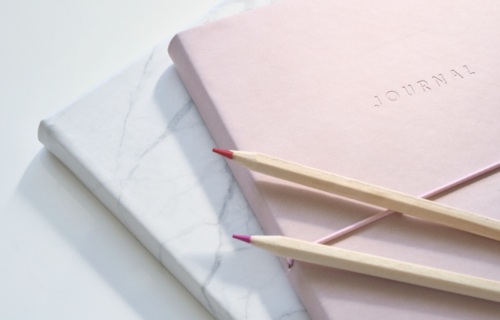
Self Reflection for Continuous Improvement
Continuously improve, iterate, reevaluate and redesign
These are all phrases we hear constantly in engineering. You never just complete a project. You complete it, evaluate it, tear apart the process and figure out what can be improved next time. This is how we get better products and become better engineers. This doesn’t exclusively happen at the end of a project, often, after certain milestones are met, a design review will take place where more adjustments and improvements are made.
This process is great, but it is almost always applied to the product and not the process of designing it.
So, how do you apply the concept of continuous improvement to the process of designing a product, studying for a test, or sticking to a 30-day yoga challenge?
First off, I want to talk about the power of self reflection. As high achievers and engineers, we can be obsessed with never making the same mistake twice. The trick to this is self reflection. Let me give you some examples
Example 1:
You’ve probably taken a lot of exams at this point in your life. You’ve also probably spent nights cramming the last minute for these exams time and time again. You know how much it sucks, you know you don’t do as well on the exam and you promise you won’t ever wait this long to study again. But, what you fail to do, is examine the process that led you here and figure out how to improve it.
This is something I am just now learning. I’ve been in this position so many times but I am just now starting to reflect on the process and here’s what I’ve learned…
- I procrastinate because I am scared of the frustration that usually comes with studying
- I don’t plan ahead or I don’t plan enough time
- If I cram 2 days ahead instead of 1, I do so much better
- I never get as much done in those last 2 hours before the exam than I think I will
Because I have taken the time to reflect, I can make changes to my process. I know what works for me and I can apply it. And honestly, I never apply what I’ve learned perfectly, but I get a little better every time.
Example 2:
You are working on a year long project, you get 6 months in and find problems with you plan, you’re a few weeks behind schedule and maybe a little over budget. Now at this point there is HUGE value in figuring out the next right step, taking the situation for what it is and proceeding as best you can. But, if you just start the next project without self reflection, you lose a huge opportunity to improve next time.
In this example, there is value in asking questions like these:
- What questions should have been asked in the beginning so outr project plan would have worked
- What assumptions were made that turned out not to be true? Why did we make those assumptions
- What led us to falling behind on our schedule? What do we need to do next time to fix this
These are just a few of the questions you should ask yourself.
Now where this self reflection becomes effective is when you take what you learned and turn it into a list of actionable steps you will implement next time. If you work with a team, come to an agreement of the actions you will take next time and stick to it.
You approach problems and tasks constantly. These tasks are hard, time consuming and can often be high stakes, so why would you not want to improve the way you approach them?
If you are interested in learning more, speeding up your improvement and more, be sure to check out my SHEengineered Summer Bootcamp program! Registration opens May 1st!




Add A Comment